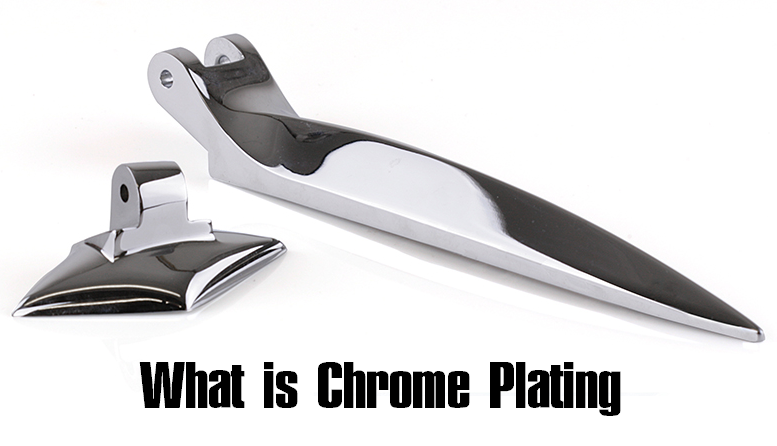1. A high temperature when cutting: because titanium alloy has a high melting point and poor thermal conductivity, it is easy for it to reach a high temperature when cutting. The effect of high temperatures on the useful life of tools and their cutting edges is negative, and high temperatures can also lead to other issues, such as the deposition of material and deformation.
2. Simple to produce chip rebound and repeated cutting during the cutting process: Titanium alloy is simple to produce chip rebound and repeated cutting during the cutting process. This will lead to increased tool wear and will have a negative impact on the quality of the machined surface and the dimensional accuracy.
3. Low thermal conductivity because titanium alloy has a relatively low thermal conductivity, the accumulation of energy during the cutting process can have an effect and potentially damage tools, workpieces, and machine tools.
4. Coefficient of thermal expansion Because the titanium alloy has a high coefficient of thermal expansion, it is easy to cause dimensional changes and deformation of parts during high temperature cutting. This has an effect on the accuracy of the processing and the ability to control the shape.
In order to overcome the challenges that arise during CNC machining of titanium alloy, the following steps are typically necessary:
- Choose the appropriate tool materials, such as tools made of cemented carbide, to increase the cutting life and heat resistance of the tool;
- Regulate the cutting parameters, such as slowing down the cutting speed and the feed speed, in order to bring down the temperature of the cut;
- Utilize appropriate cutting lubricants or coolants to effectively cool the cutting area; - Adopt appropriate clamping methods and cutting strategies to prevent workpiece deformation and vibration.

Titanium alloy is similar to a weapon with multiple functions, as it demonstrates its unique advantages in a variety of fields. It acts as a sturdy armor against corrosion and high temperatures in the chemical, marine, and automotive industries. It is similar to a powerful and light aircraft that plays an important role in the aerospace industry. It is also similar to a pair of reliable and gentle medical hands for the manufacture of high-quality medical devices. It is both a delicate work of art and a material that is used to make jewelry at the same time. Titanium alloys, in a nutshell, exhibit their varied and singular abilities in many fields, including aviation, medicine, the chemical industry, automobile manufacturing, and jewelry making.
In what kinds of situations does the workpiece made of titanium alloy come into play?
Titanium alloy is widely used in the following fields and application scenarios because it possesses a variety of excellent performance characteristics, including the following:
1. The aerospace industry Titanium alloy is one of the structural materials that is frequently used in the aerospace industry. Because of its exceptional resistance to heat and corrosion, combined with its high strength and low density, it is ideally suited for use in the production of components for aircraft, spacecraft, engines, and turbines.
2. Medical equipment Because of its biocompatibility and resistance to corrosion, titanium alloy is frequently utilized in the production of medical equipment. Titanium alloys, for instance, are accepted and utilized in the medical industry because of their compatibility with human tissues. These alloys can be found in artificial joints, implants, dental restorations, and other similar products.
4. The automotive industry: Titanium alloy is widely used in the automobile manufacturing industry because of its excellent strength and lightweight characteristics. These characteristics allow titanium alloy to improve fuel economy and reduce vehicle weight, which in turn reduces exhaust emissions.
5. High-performance sporting goods Titanium alloy is used in the production of a variety of high-performance sporting goods, including golf clubs, bicycle frames, tennis racquets, and other similar items. Because of its high strength, excellent vibration absorption, and lightweight properties, it is ideal for use in sporting equipment, which contributes to the product's superior performance.
In addition, titanium alloys can be found in applications such as shipbuilding, the extraction of oil and gas, the manufacture of weapons, and jewelry. Titanium alloy's range of applications keeps growing, allowing it to showcase its one-of-a-kind benefits in an ever-increasing number of domains, thanks to the continuous development of new technologies and the refinement of production techniques.

